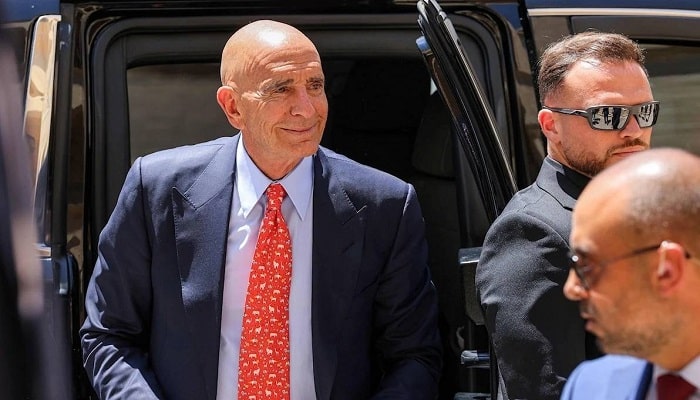PNN – Lebanese sources have reported that the United States continues to blackmail Lebanon and is paying no attention to President Michel Aoun’s recent statement expressing his readiness to negotiate with Israel, insisting that this step alone is insufficient and that the Lebanese have not reached a consensus on negotiations with Israel.
According to the report of Pakistan News Network, citing informed Lebanese sources, Aoun was surprised by the lack of response from the US or Israel to his declaration of readiness to discuss arrangements for a ceasefire.
The sources explained that Aoun was expecting contact from Washington, but the US did not consider his offer to negotiate with Israel sufficient and continues to demand that Lebanon take executive measures related to Hezbollah’s disarmament.
Meanwhile, the American side is reviewing its actions in the south and north of the Litani River in coordination with the Lebanese Army command.
Read more:
Hezbollah: Israeli aggression against Lebanon is carried out with full Western cover
The sources emphasized that the US is concerned about a request made within the Lebanese government by General Joseph Aoun, the Army commander, stating that the Lebanese Army should halt its operations south of the Litani River as long as Israel continues its attacks and provocations.
It should be noted that the Lebanese Army commander has not called for halting the ceasefire or his commitments in this regard, but he has emphasized to the Lebanese government and the US that Israeli attacks are preventing the army from implementing its plan.
The sources said that the US position on Michel Aoun’s stance regarding negotiations is based on the fact that contacts with Lebanese officials indicate there is no agreement among Lebanese parties on talks with Israel. Aoun was supposed to negotiate alongside Parliament Speaker Nabih Berri with Hezbollah to reach a document reflecting Lebanon’s official position, approved by the party; only then could the US effectively mediate negotiations between Lebanon and Israel.
Meanwhile, while Michel Issa, the new US ambassador, has arrived in Beirut, reports suggested that Tom Barrack, the US envoy, might travel quickly to assist Issa in drafting a work plan for the next phase. However, sources close to Barrack said he sees no need for the trip unless Lebanon presents substantive matters to advance.

